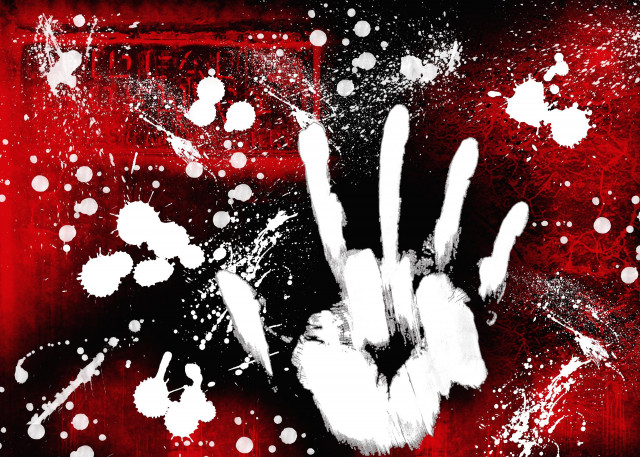Scathing attacks have been launched by notable politicians on the frequency with which the organisation has been providing these reports. More importantly, some have even discounted the contents of the report simply because TI’s representative for Pakistan was a KPT official who was dismissed on grounds of depravity.
What is striking to note is that there has been no reference to the dubious nature of the methodology used by Transparency International in its investigations. Perhaps that is the most controversial issue which our self-serving government has entirely overlooked.
This could be construed as an acceptance of the fact that corruption is a dominant feature of Pakistan’s political milieu. But to what extent can the government translate this acceptance into rooting out corruption in the Religious Affairs Ministry?
Mr HU Beg, Pakistan’s top financial policy maker and administrator is cited to have said:
“salary structure of government servants should be rationalised (increased) to deal with the problem of corruption”.
This clichéd solution can only be enacted in the Religious Affairs Ministry if the institution is thoroughly downsized. Furthermore, by pursuing this strategy the very crux of corruption in Pakistan is not being addressed. As Shahbaz Anwar states in his book Social Problems of Pakistan, these attempts are:
“...in the nature of cutting trees without taking out the roots and without stopping to fertilise the soil.”
I suppose that a cohesive programme of accountability has to be established within a legal context. And yet, a historical overview of attempts made to eradicate corruption in Pakistan never fail to present a bleak image of how such a process of accountability is to be introduced. For instance, it is exceedingly difficult to forget how the National Accountability Bureau (NAB) pursued a distorted version of an anti-corruption scheme by excluding several public servants from being scrutinised and impinged on the rule of law by harassing the business community. Any effort to prevent the growth of corruption in Pakistan has therefore been counterproductive and – given the questionable nature of the struggle to alleviate corruption in the past decade – one cannot help but suspect that the three-member committee formed under the directives of PM Gilani will also live up to this belief.
As a result, Pakistan will always be declared a corrupt state and will continue to receive letters from Saudi princes complaining about the embezzlement in the Religious Affairs Ministry and how it has inconvenienced numerous Pakistani pilgrims. Meanwhile, the government can continue paying lip service to the issue of preventing corruption.
In fact, it could try to devise more logical reasons to rail against Transparency International!



COMMENTS
Comments are moderated and generally will be posted if they are on-topic and not abusive.
For more information, please see our Comments FAQ